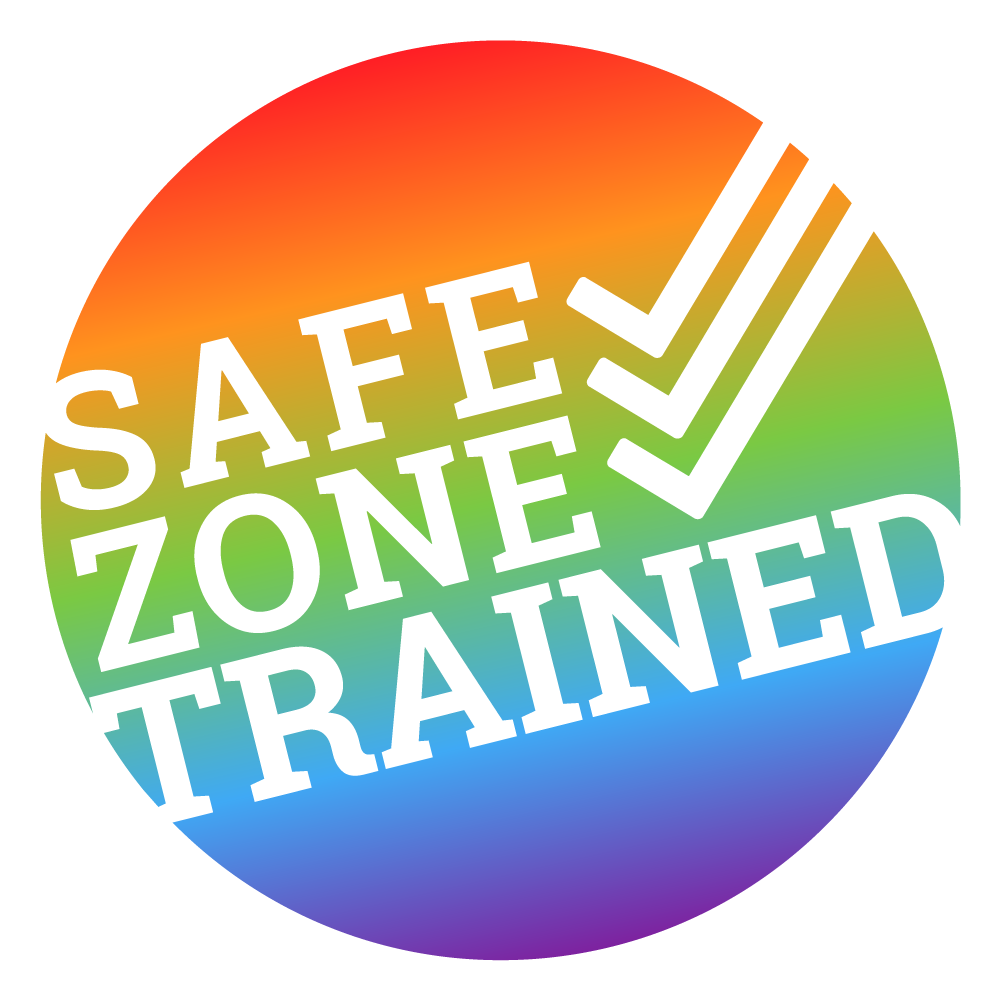What is Lashon Hara?
Lashon hara, literally “evil tongue,” refers to speaking negatively about others, even if what is said is true. In Jewish tradition, it is considered one of the gravest misuses of speech, because words have the power to harm reputations, relationships, and communities. Unlike outright lies (motzi shem ra), lashon hara can be factual, but it is destructive because it spreads harm without constructive purpose. The Torah and later rabbinic teachings strongly caution us to guard our tongues, reminding us that speech shapes the world as much as actions.
A Feather Pillow and Lashon Hara: A Lesson in Words and Growth
There is a famous story about lashon hara, harmful speech that I’ve always found powerful.
A man once approached a rabbi after realizing he had spoken damaging words about someone. The rabbi told him to bring a feather pillow. When the man returned, the rabbi instructed him to cut it open. Instantly, the feathers scattered everywhere on the floor, out the window, carried away by the wind. Then the rabbi asked him to gather them all back. The man tried, but it was impossible.
The rabbi explained: our words are like those feathers. Once released, they scatter beyond our control and can’t be taken back. Gossip spreads, even unintentionally, and the damage cannot always be undone.
But the story doesn’t end there for me. It’s not only about guarding our tongues, it’s about what we do after. Just as feathers can never be fully gathered, neither can we erase our past mistakes. But what we can do is commit to change. We can learn healthier ways of relating, strengthen our boundaries, and walk forward with integrity.
I know this lesson personally. In my past, I sometimes allowed hurt, loneliness, or immaturity to push me into unhealthy patterns - seeking connection in ways that weren’t fair to others or myself. Through study, self-reflection, and the values I’ve embraced as a social worker, I’ve learned the importance of respect, balance, and accountability. That growth is real.
And here’s something important: no one is without struggles. Addictions and attachments take many forms - drugs, alcohol, sex, money, caffeine, power, control. To judge another person for their flaws while ignoring our own is to forget our shared humanity.
As it says in Pirkei Avot 2:4,
“Do not judge your fellow until you have reached his place.”
None of us truly stand in another’s shoes. To pass judgment without compassion is to scatter even more feathers into the wind.
The pillow of feathers reminds me that while harmful words scatter, so too can growth scatter, acts of repair, kindness, and integrity ripple outward in ways we may never see. Each day we choose what we release into the world.
References
Sefaria. (n.d.). Pirkei Avot 2:4.
Telushkin, J. (n.d.). Words that wound. My Jewish Learning.

